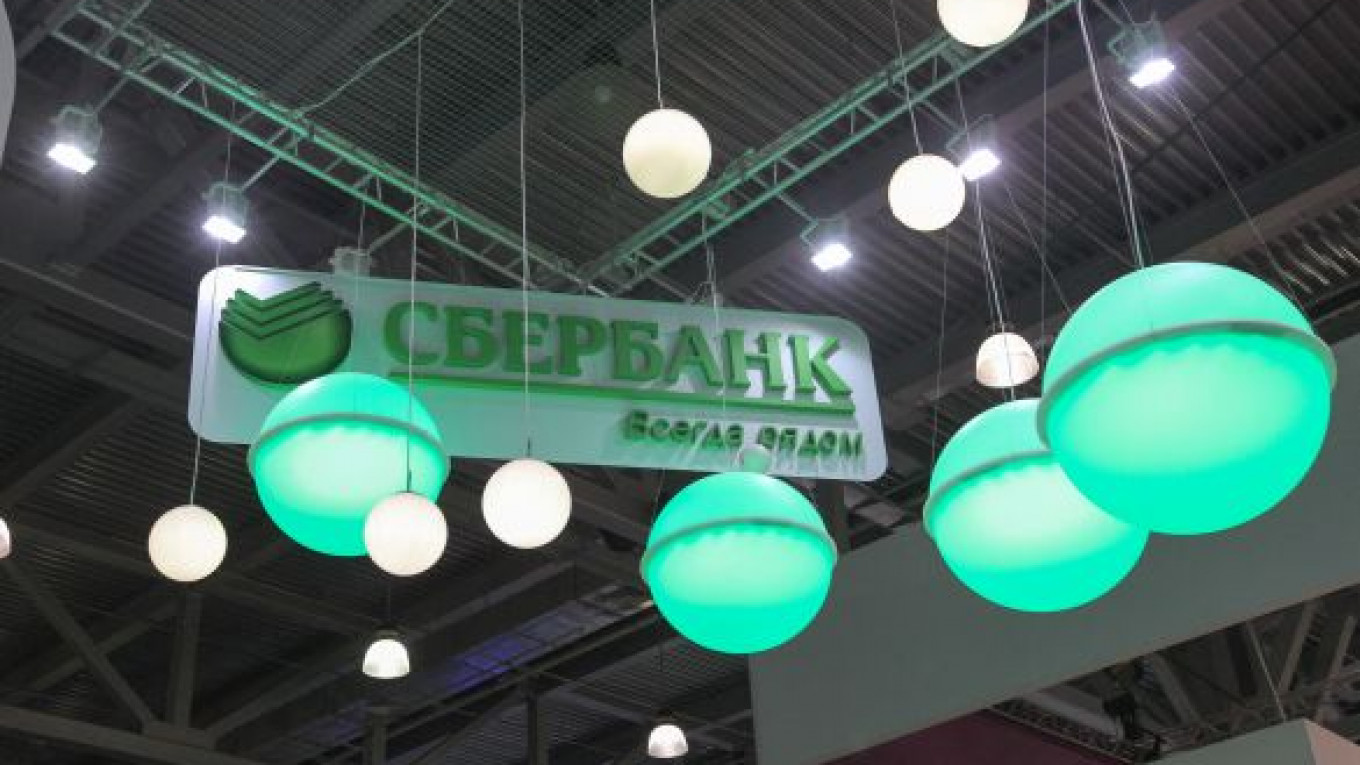The country's biggest bank, Sberbank, plans to diversify its investment banking business abroad while the country tries to fix its slowing economy, an executive board member of the bank said.
Russia last autumn slashed its forecast of long-term growth to 2.5 percent a year from 4 percent, lagging the global economy, while the number two official at the Central Bank, Ksenia Yudayeva, has said the country is stuck in "stagflation".
Earlier this month, the Organization for Economic Cooperation and Development told Russia to tackle its poor business climate to reverse the slowdown which was being compounded by structural problems.
"In Russia we need a new growth paradigm," Alexander Bazarov, a member of the executive board and senior vice president at Sberbank, said in an interview during the World Economic Forum in Davos.
"This search will take time — and it will take even more time to implement it in real life," Bazarov said. He said Europe was starting to wake up and that would have an impact on investment banking activity.
Bazarov, who is deputy head of investment banking unit Sberbank CIB, also identified Turkey as a promising growth market.
To reduce its reliance on the Russian home market, Sberbank has already extended its reach into Eastern Europe and Turkey with the acquisitions of Vienna-based Volksbank AG and Turkey's Denizbank.
"Ideally, we would hope that Turkey and Europe bring Sberbank as much business as we make in Russia now," Bazarov said. Sberbank CIB earned net profits of $280 million in Russia last year.
Sberbank has made a five-year plan to double its assets and profits, targeting annual growth in business lending of 15 percent and 18 percent in consumer lending. It wants to achieve a return on equity of 18 percent.
In Russia, Bazarov said he expected a round of defensive M&A activity that will lead to consolidation in the metallurgical and mining sectors.
"These will have a forced character to the extent that the sector is experiencing difficulties," he said, adding that he expected consolidation in the financial sector. "If, as a result, one or more large private banks emerges, that would be good."
A Message from The Moscow Times:
Dear readers,
We are facing unprecedented challenges. Russia's Prosecutor General's Office has designated The Moscow Times as an "undesirable" organization, criminalizing our work and putting our staff at risk of prosecution. This follows our earlier unjust labeling as a "foreign agent."
These actions are direct attempts to silence independent journalism in Russia. The authorities claim our work "discredits the decisions of the Russian leadership." We see things differently: we strive to provide accurate, unbiased reporting on Russia.
We, the journalists of The Moscow Times, refuse to be silenced. But to continue our work, we need your help.
Your support, no matter how small, makes a world of difference. If you can, please support us monthly starting from just $2. It's quick to set up, and every contribution makes a significant impact.
By supporting The Moscow Times, you're defending open, independent journalism in the face of repression. Thank you for standing with us.
Remind me later.






